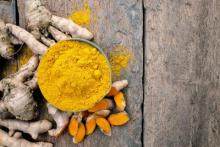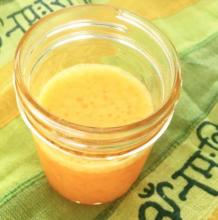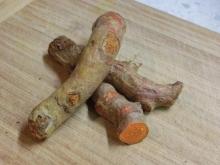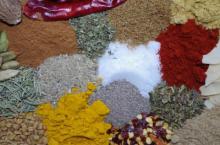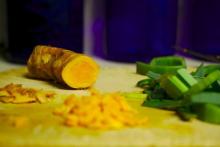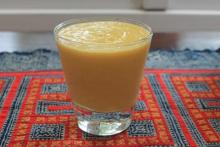Turmeric: The Ancient Medicine That Slows Bone Cancer
Turmeric, a bright-yellow-hued root spice, has been used in cooking, medicine, and cultural ceremonies for thousands of years, especially in South Asia. Practitioners of both western healthcare and Ayurvedic medicine, an ancient holistic healing system with Indian roots, have lauded this plant’s anti-inflammatory and antioxidant properties.

